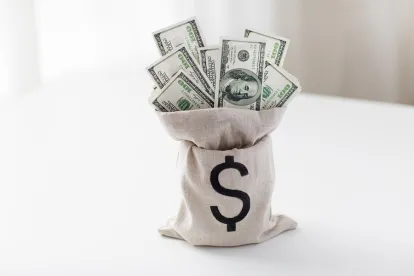Price gouging complaints around the country have been skyrocketing and Michigan is no exception. Between March 5, 2019, and April 14, 2019, Michigan had 80 price gouging complaints. During the same period in 2020, Michigan received 3,541 complaints – an increase of 4,326 percent. Michigan has been under a state of emergency since March 10, 2020, which remains in effect indefinitely.
Michigan Attorney General Dana Nessel is taking allegations of price gouging seriously and has assigned a team of special agents to assist in investigating complaints. “Our objective is to make sure business owners are following the laws Michigan has in place to protect consumers, and public awareness of price-gouging can offer valuable support in our efforts to keep companies honest,” Nessel stated. “If that can be accomplished without legal action, then that is a path we will pursue. But if stores continue to disregard the rules and raise their prices beyond justifiable amounts, then we will hold them accountable.” Nessel aims to avoid what she termed “an environment where … only the very wealthy can stay healthy.”
Michigan’s price gouging law states that “unfair, unconscionable, or deceptive methods, acts, or practices in the conduct of trade are unlawful and are defined as follows: … [c]harging the consumer a price that is grossly in excess of the price at which similar property or services are sold.” Mich. Comp. Laws §445.903(z). A persistent and knowing violation of the statute can result in a civil fine up to $25,000. Mich. Comp. Laws §445.905. Michigan’s law also includes a private cause of action, which allows victims to recover actual damages, or $250, whichever is greater, as well as reasonable attorneys’ fees. Mich. Comp. Laws §445.911(2).
On March 10, 2020, the same day that she declared a state of emergency, Governor Gretchen Whitmer issued Executive Order 2020-18, taking Michigan’s price gouging laws a step farther. That order was replaced with Executive Order 2020-53 on April 1, 2020. Under Executive Order 2020-53, “[a] person must not resell a product in [Michigan] at a price that is grossly in excess of the purchase price at which the person acquired the product.” The Executive Order defines “grossly in excess” to mean selling “at a price that is more than 20% higher than what the person offered or charged for that product as of March 9, 2020” (the day before the state of emergency was issued). The Executive Order covers “any good, material, or consumer food item with a fair market value of less than $1,000.00, or any emergency supply” and applies to any “individual, business, or other legal entity.”
The Executive Order also includes an exception for where the seller “demonstrates that the price increase is attributable to an increase in the cost of bringing the product to market or to an extraordinary discount in effect as of March 9, 2020.” A willful violation of Executive Order 2020-53 is a misdemeanor. The enhanced restrictions remain in effect through May 15, 2020.







 />i
/>i
